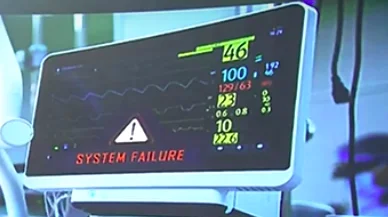
Summary
Essential medical services collapse in Kenyan counties due to malfunctioning equipment under the Medical Equipment Services (MES) program, with a failed contract extension exacerbating the crisis.
A healthcare emergency unfolds as crucial medical equipment in Kenyan counties, acquired through the Medical Equipment Services (MES) initiative, grinds to a halt, affecting thousands of citizens. Services like dialysis, radiography, and laboratory tests are inaccessible due to widespread equipment breakdown.
With the State neglecting to renew service contracts for vendors managing the equipment over seven years, many counties lack the expertise to operate or repair the malfunctioning devices. Desperate for solutions, several counties redirect patients to Kenyatta National Hospital (KNH) for essential services.
Efforts by the Council of Governors (CoG) to secure contract extensions face opposition, leading the government to withdraw a Ksh.6 billion budgetary allocation. This move throws the MES program into chaos, with the CoG’s appeal for extension echoing for 15 months without success.
ALSO READ
- Democrats Unveil Historic $35 Million Initiative To Woo Black, Latino, And Asian Voters In Swing States
- Court Of Appeal Rejects Government Plea To Lift SHIF Implementation Halt
- German Farmers Bring Traffic To A Standstill In Protest Against Subsidy Cuts
- Trump’s Familiar Tactic: The Evolution Of ‘I’m Rubber. You’re Glue.’ Takes Center Stage
The MES contract outlined three exit options: contract extension for three years, equipment transfer to the Ministry of Health, or decommissioning by the contractor. The Ministry’s failure to decide, in line with the contract, contributes to the confusion, leaving vendors and counties uncertain about the way forward.
In July 2023, temporary engagement with vendors to service equipment ceased after the State defaulted on a Ksh.3.4 billion fee payment. President William Ruto’s plea to county leaders to halt financial commitments to the scheme worsens the situation, leading to the withdrawal of the Ksh.6 billion from the supplementary budget.
A recent meeting between the CoG and the Health Cabinet Secretary, Wafula Nakhumicha, failed to resolve the crisis. Seven governors have been directed to negotiate with Ministry of Health officials and vendors to explore possibilities for equipment revival and transition from the troubled medical scheme. The situation remains dire as essential healthcare services hang in the balance.
